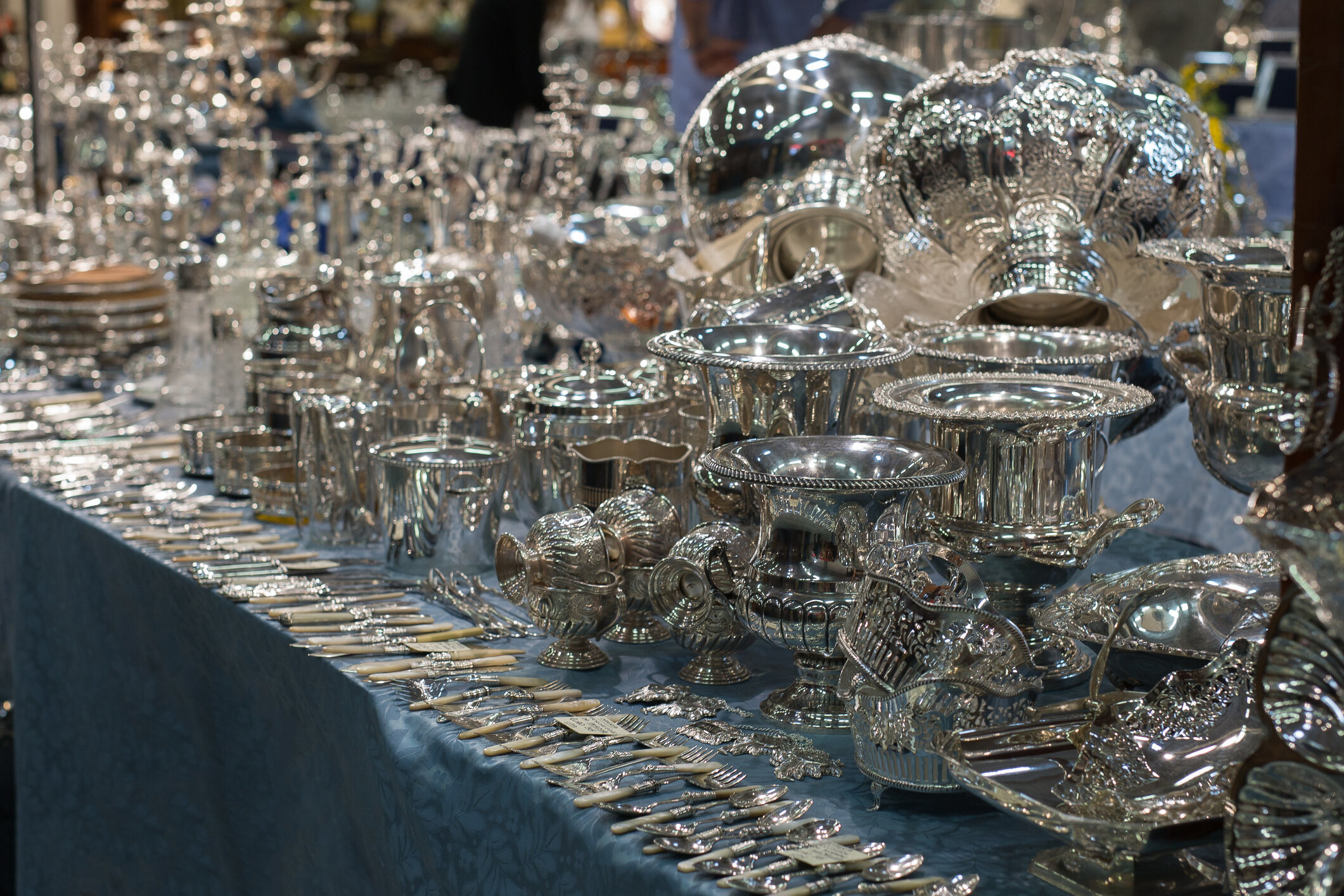What Processes Will a Local Silver Recycler Use to Process Your Silver Scrap?
If you have a quantity of silver scrap you want to sell, chances are your first step will be to visit a silver refinery near you. After all, these companies, which you can find with a quick online search, are convenient. You can drive right up to them, walk in with your silver scrap, and start negotiating.
But is that a good way to get the highest payout for your silver scrap? And how will they process your scrap and pay you if you decide to use their services?
What Processes Will They Use to Recover the Silver Your Scrap Contains?
This is an important question to ask.
Silver recyclers typically use several processes to recover and refine silver from various sources, such as scrap jewelry, electronic waste, and photographic materials.
Here are some of the common processes used by silver recyclers:
Sorting and classification - Silver recyclers sort and classify the raw materials based on their silver content and other characteristics. This step helps to determine the most appropriate refining process.
Smelting - This is a process where the raw material is heated to a high temperature to melt it down. The molten material is then separated into different layers based on their density. The layer containing silver is then collected and further processed.
Electrolysis - This process involves passing an electric current through a solution containing silver ions. This causes the silver ions to be deposited onto a cathode, which can then be harvested and further refined.
Chemical treatment - This process involves treating the raw material with chemicals to remove impurities and isolate the silver. This can involve processes such as acid leaching, precipitation, and solvent extraction.
Refining - Once the silver has been isolated, it may undergo further refining to remove any remaining impurities and increase its purity. This can involve processes such as cupellation, which involves heating the silver to high temperatures to separate it from any remaining impurities.
Remember, the specific processes used by silver recyclers may vary depending on the type of scrap you have. However, the processes we describe above will give you a good overview of the typical steps involved in silver recycling.
Important Questions to Ask
Will you give me a report on exactly what materials my scrap contains and their values? – Without a fully itemized report, you are selling them your silver scrap without knowing what it really contains. You wouldn’t want to do that, would you?
What costs will I have to pay for testing and processing my scrap? If a silver processor will charge you to test or process your scrap, that is not a good sign. The only dollar figure they should give you is the money they will pay for your silver scrap.
What is your payment policy? - Do they pay cash or check? Is there a minimum amount for payment? What are the payment terms and conditions?
What is the turnaround time for testing and payment? - Inquire about how long it will take for you to receive payment after you drop off your silver. This will give you a clear understanding of when you can expect to receive your payment.
What certifications or licenses do you hold? - A reputable recycler should be licensed and certified to operate in their state or country. Inquire about their certifications, licenses, and any regulatory bodies they are associated with.
What guarantees will you give me? - Inquire about their policy on returns or disputes. Do they have a satisfaction guarantee or return policy? What is the process for filing a dispute if you are not satisfied with the experience of doing business with them?
The Break-Even Point
Extracting and refining silver costs money, and with silver trading at $25.66 per Troy Ounce on the London Fix, you have to ask this question . . .
Is it really worth using one of those processes to separate out the silver from the scrap I own?
After all, you could end up in a situation where the cost of separating silver from your scrap will cost more than the value of the silver you will obtain.
But don’t worry about deciding whether processing your silver scrap will result in a profit for you. Instead, call the silver recycling experts at Specialty Metals Smelters and Refiners at 800-426-2344 and let us help you make that decision. After we test your silver-bearing scrap, we will explain the value of the silver it contains – and how much your payout will be if we reclaim the silver that your scrap contains.
If you have silver scrap, why not call our experts today?
Related Posts
Overlooked Sources of Precious Metals in Your Home
World Demand Rising for Platinum Group Metals . . . Start Collecting Scrap Now!
Why the Safe Way to Profit from Gold, Platinum and Silver is to Set Your Sights on Scrap
Which Precious Metal Investments Cause the Least Environmental Harm?
Become a Rich Environmentalist by Recycling Precious Metals
Why Recycling Metals is Socially and Environmentally Responsible

